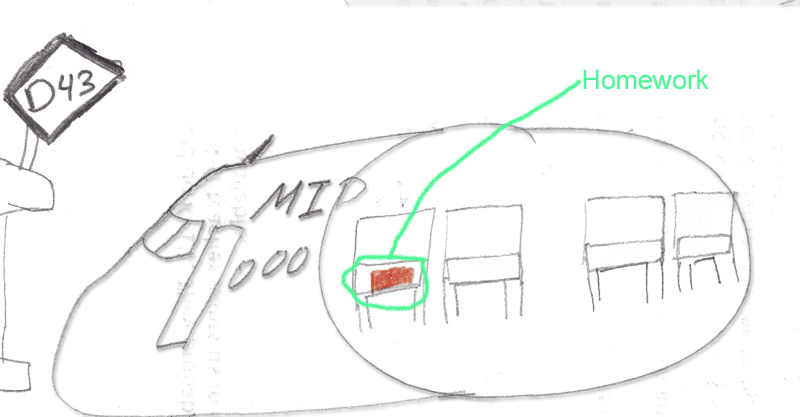Joseph Calderaro, 67, is one of health care’s quiet success stories. Over the last four years, he has carefully managed his diabetes by lowering his blood sugar, blood pressure and cholesterol with diet, exercise and medication.
To keep on track, Mr. Calderaro visits his doctor, attends meetings for diabetes patients and gets frequent calls from a health counselor. It is a team effort, orchestrated by the Marshfield Clinic here. And it is animated by technology, starting with Mr. Calderaro’s computerized patient record — a continuously updated document that includes his health history, medications, lab tests, treatment guidelines and doctors’ and nurses’ notes.
To visit the Marshfield Clinic, a longtime innovator in health information technology, is to glimpse medicine’s digital future. Across the national spectrum of health care politics there is broad agreement that moving patient records into the computer age, the way Marshfield and some other health systems have already done, is essential to improving care and curbing costs.
There has been some loose talk about the Obama administration providing “incentives” for health care automation. These investments should be made on their merits, rather than funded by yet another taxpayer give-away.
Marshfield apparently built their own system, a competitor to Verona based Epic Systems.
Might this article be part of their initial marketing efforts to other health care organizations?



